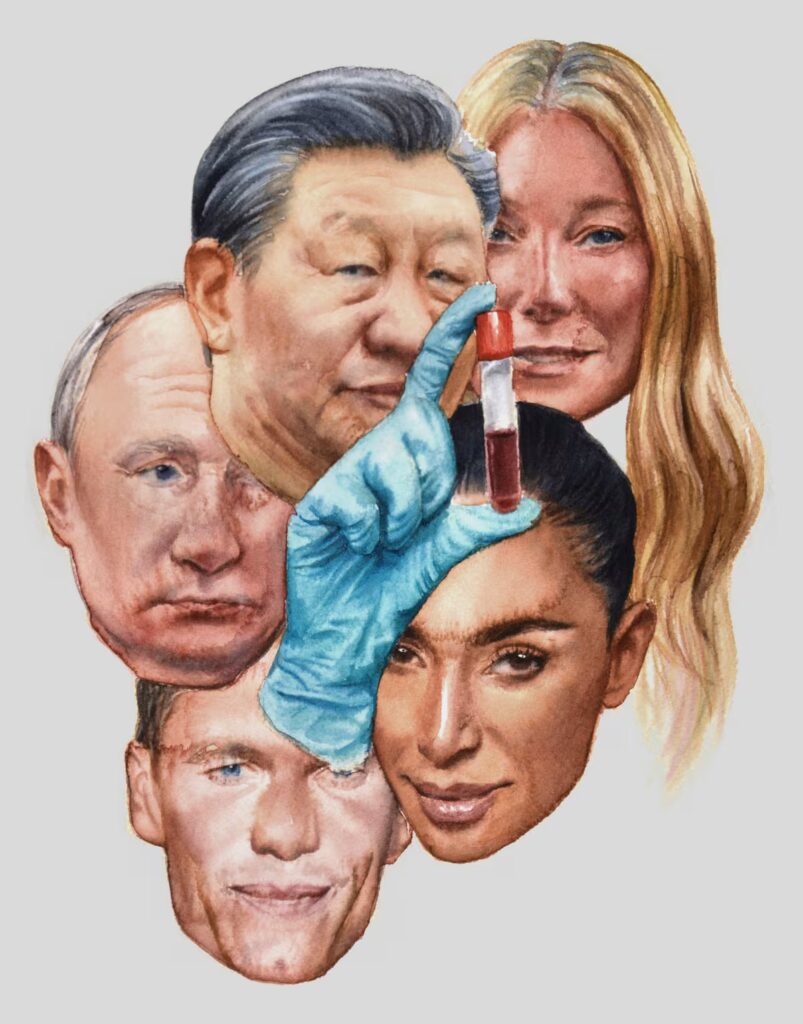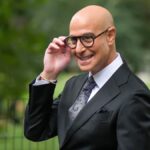Table of Contents
ToggleThe Rise of Longevity as a Status Symbol
In contemporary society, aging is not commonly regarded as a status symbol. At the same time, a paradox exists: while societal values tend to diminish after the age of 50, the quest to extend life through reversing biological aging has emerged as a new form of worship characterized by the term “longevity.”
The Tenets of the Longevity Movement
Proponents of longevity have established a new creed centered around several key components. The term “longevity” has rapidly gained traction in digital marketing, bolstering its status as a desirable aspiration. Studies, including a notable report published in Nature, suggest that human lifespans may extend to between 120 and 150 years. The philosophy known as “Don't Die,” created by biohacker Bryan Johnson, aims to become “the most influential ideology in the world by 2027.” Followers of this movement view death as the common adversary uniting humanity.
In this context, notable figures include Johnson, Harvard geneticist David Sinclair, and technocapitalist Peter Thiel, all considered influential leaders, or ‘messiahs,' in the movement. These individuals are often supported by a cadre of elites willing to test novel longevity procedures.
The Evidence and Framework Supporting Longevity
The longevity movement has even produced a growing body of research. Recent statistics show that nearly 6,000 papers focused on longevity were published on PubMed in 2024, a fivefold increase compared to two decades ago. As adherents undergo comprehensive health assessments—including full-body MRI scans similar to early Christian practices—there's a noticeable shift towards a more costly yet data-driven approach to aging.
Longevity and Luxury: A New Paradigm
According to a report from consulting firms The Future Laboratory and Together Group, longevity and luxury have become intertwined. Experts cite two significant Netflix documentaries—Don't Die: The Man Who Wants to Live Forever and Live to 100: Secrets of the Blue Zones—as pivotal in popularizing the desire for longevity. The former highlights futuristic concepts, while the latter emphasizes simplicity and healthy living.
In financial hubs such as London and New York, conversation has shifted from traditional markers of status to health-related achievements, such as sleep quality tracked by health devices. The Future Laboratory report signifies a cultural shift where investments in personal well-being and longevity are becoming a new standard of luxury, redefining brands that once focused solely on wellness.
Consumer Priorities and Market Trends
The latest McKinsey report on wellness indicates that 60% of surveyed individuals prioritize aging well, regardless of available treatments. In a 2024 survey, 70% of consumers in the U.S. and U.K. reported purchasing more products aligned with healthy aging compared to previous years. Notably, it is younger generations, particularly millennials and Gen Z, who dominate the growing wellness market valued at $2 trillion.
Despite the optimistic outlook, skepticism remains regarding the practices being marketed. Critics argue that enthusiasm for longevity treatments often outpaces scientific validation, as seen in the claims made by companies aiming to appeal to affluent customers.
The Cultural Shift Towards Longevity
Timothy Caulfield, a professor at the University of Alberta, observes a noticeable cultural shift in health attitudes related to longevity but warns that many practices lack scientific backing. For example, ‘cold plunges,' a TikTok trend, are popular for purported immune benefits, though evidence for life-extension is still lacking.
Caulfield further notes the emergence of the “longevity influencer,” who combines social optimization with health advice, using their influence to market health products that may not directly relate to longevity.
The Complexity of Longevity Strategies
Aspiring biohackers face the challenge of navigating conflicting longevity theories. Various experts endorse differing strategies, from mitochondrial health to the importance of physical fitness or adequate sleep, indicating that consensus on the best practices for extending life remains elusive.
The Future Value of Longevity Discoveries
There is significant financial interest in extending human life. A 2021 study from Oxford and Harvard calculated the economic value of scientific breakthroughs that could extend life expectancy by ten years at $367 trillion, exemplifying the monetized potential of longevity research.









